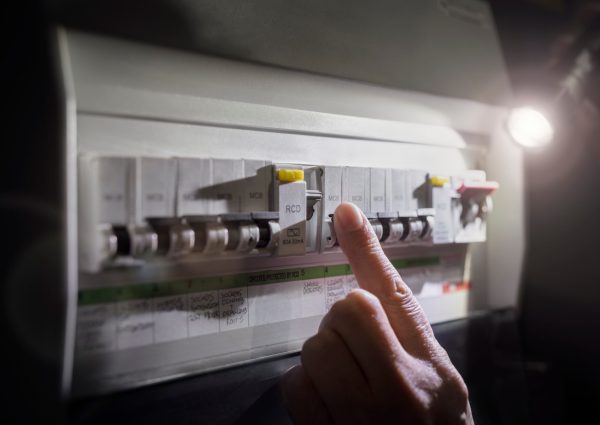Power Outages
Dangers
Some food should be thrown out and disregarded after a power outage. These foods include but are not limited to meat, poultry, seafood, milk, and eggs
This often results from car emissions in the garage allowing gas to seep into the home. Therefore, maintaining safe gas levels in your home is essential for protecting your health and safety.

How to Limit & Avoid Danger
Prepare
Be sure to first check with your local weather system or channel for updates and more recommendations on what to do for the power outages in your area. Additionally, be sure to freeze water and anything else that needs to be chilled since the water systems and power won’t be working, You can do this by using a cooler if you’d like. Boil or get bottled water and keep food safe so that it won’t be contaminated in case of flooding in the home.
After the outage
Before eating any food, ensure that it is still safe because some of it might be contaminated due to the temperature in the area. You can do this by using a thermometer to test and see if the freezer food is 40 degrees or above for no more than 4 hours but if it is any lower, throw it out.
Ventilation
When the power goes out, you will lose connection to the AC and heat conditioners. The best way to keep ventilation going around in your home is by opening windows.
Frequently Asked Questions (coming soon)
References & Helpful Articles
- https://www.ncdps.gov/power-outages
- https://www.fda.gov/food/buy-store-serve-safe-food/food-and-water-safety-during-power-outages-and-floods
- https://blogs.cdc.gov/publichealthmatters/2022/10/power-prep/
- https://www.epa.gov/indoor-air-quality-iaq/power-outages-and-indoor-air-quality-iaq
- https://community.fema.gov/ProtectiveActions/s/article/Power-Outage#:~:text=Unplug%20appliances%20and%20electronics%20to,charged%20before%20a%20power%20outage